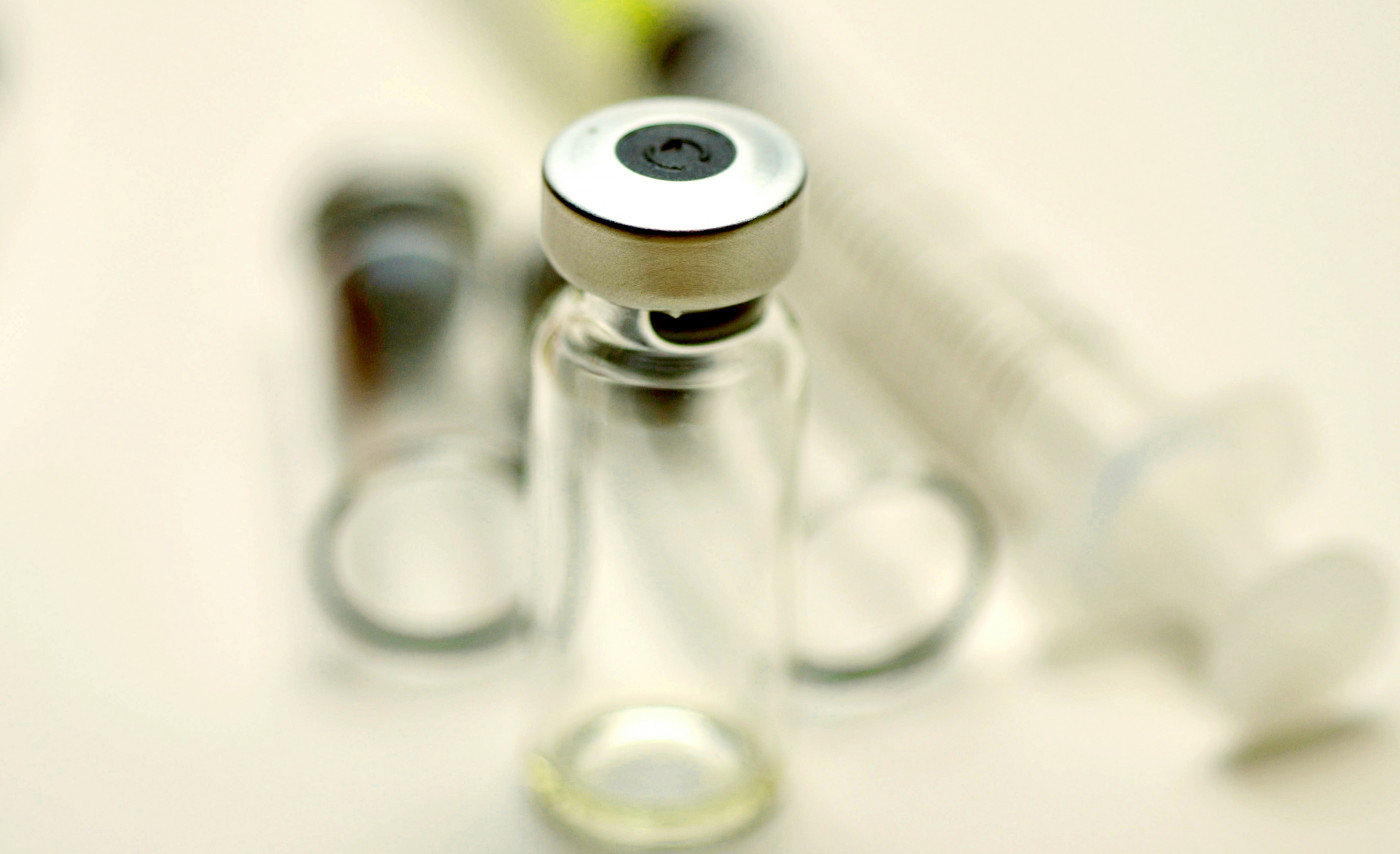Phase 1, OLE Studies Show Sustained Benefit of Givosiran for Acute Porphyria

Results from a Phase 1 study and an open-label extension (OLE) trial have demonstrated that givosiran can effectively reduce attack rates and the use of hemin in patients with acute hepatic porphyria.
The latest results of these clinical studies were recently discussed at The Liver Meeting 2018 of the American Association for the Study of Liver Diseases (AASLD) in San Francisco, California, in an oral presentation titled “Phase 1/2 and Open Label Extension Studies of Givosiran an Investigational RNAi Therapeutic, in Patients with Acute Intermittent Porphyria.”
“We are encouraged by the sustained clinical activity and safety profile of givosiran in the ongoing Phase 1/2 OLE study, now with up to over two years of dosing,” Akin Akinc, vice president and general manager of Givosiran Program at Alnylam, said in a press release.
“We believe these results demonstrate clinically meaningful reductions in neurotoxic biomarkers, porphyria attack rate, and hemin usage, supporting the potential of givosiran to be an important treatment option for AHP patients,” he said.
Givosiran, formerly known as ALN-AS1, is an investigational RNA-based therapy developed by Alnylam Pharmaceuticals to inhibit the ALAS1 enzyme and prevent the accumulation of toxic molecules, such as aminolevulinic acid (ALA) and porphobilinogen (PBG), known to cause acute hepatic porphyria.
Acute attacks of hepatic porphyria can be life-threatening and are usually treated with hemin.
The Phase 1 trial (NCT02452372) evaluated the safety and activity of givosiran in patients with acute intermittent porphyria (AIP). Patients who completed this study were eligible to enroll in the open label Phase 1/2 extension (OLE) trial (NCT02949830), in which they will receive monthly subcutaneous injections of givosiran up to a maximum period of 25 months.
Safety data from the Phase 1 trial showed that givosiran is in general well-tolerated and safe, with only six of 40 patients reporting serious adverse events, with none determined as related to the study drug. The majority of the adverse events were mild to moderate, according to Alnylam.
As of June 2018, four of 16 patients experienced serious adverse events in the ongoing OLE study.
Evaluation of the activity of the investigational treatment showed that monthly administration of givosiran could effectively reduce levels of ALAS1 coding RNA molecule by 60-70%. This resulted in a robust and sustained reduction in more than 80% of ALA and PBG neurotoxic compounds.
In addition, Phase 1 data showed that monthly treatment with 2.5 mg/kg givosiran could promote a mean reduction in annualized attacks rate (AAR) of up to 83% and reduce annualized hemin use up to 88% relative to placebo.
Data collected during the OLE study, covering up to mean time of treatment of 13.6 months, continues to show that monthly dosing at 2.5 mg/kg results in a reduction from baseline of 61%, 87%, and 83% in ALAS1, ALA, and PBG levels.
“This ALA and PBG lowering was associated with marked reductions in both the AAR and annualized hemin use,” researchers stated.
Long-term treatment with givosiran showed to further stabilize the disease, with five of 12 treated patients having no porphyria attacks for a mean period of 7.4 months. Patients experienced a mean reduction of annualized attack rate of 93% and 94% in hemin use compared to placebo in the Phase 1 trial.
Alnylam is currently assessing the potential of givosiran in the ENVISION Phase 3 trial (NCT03338816), which has enrolled 94 acute hepatic porphyria patients across 36 sites in 18 countries, the company stated. Top-line results from this study are expected by early 2019.
“I am encouraged by the sustained clinical activity of givosiran and look forward to results of the ENVISION Phase 3 trial, evaluating the potential of this investigational RNAi therapeutic as a treatment option for acute hepatic porphyria,” said Karl Anderson, MD, FACP, University of Texas Medical Branch and an investigator in the ENVISION trial.
Supported by the Phase 1 and OLE trial data, as well as preliminary data of the ENVISION study, Alnylam is planning to submit a New Drug Application with the U.S. Food and Drug Administration for givosiran as treatment for acute hepatic porphyria, with addition of full clinical results in mid-2019.
The company is also planning to submit a marketing authorization application for givosiran with the European Medicines Agency in mid-2019.
“We remain committed to bringing givosiran to patients as rapidly as possible,” Akinc said.
The U.S. Food and Drug Administration granted givosiran Breakthrough Therapy designation, and the European Medicines Agency has given it PRIME designation. Both regulatory agencies have also granted orphan drug status to the drug candidate as treatment for acute hepatic porphyria.






